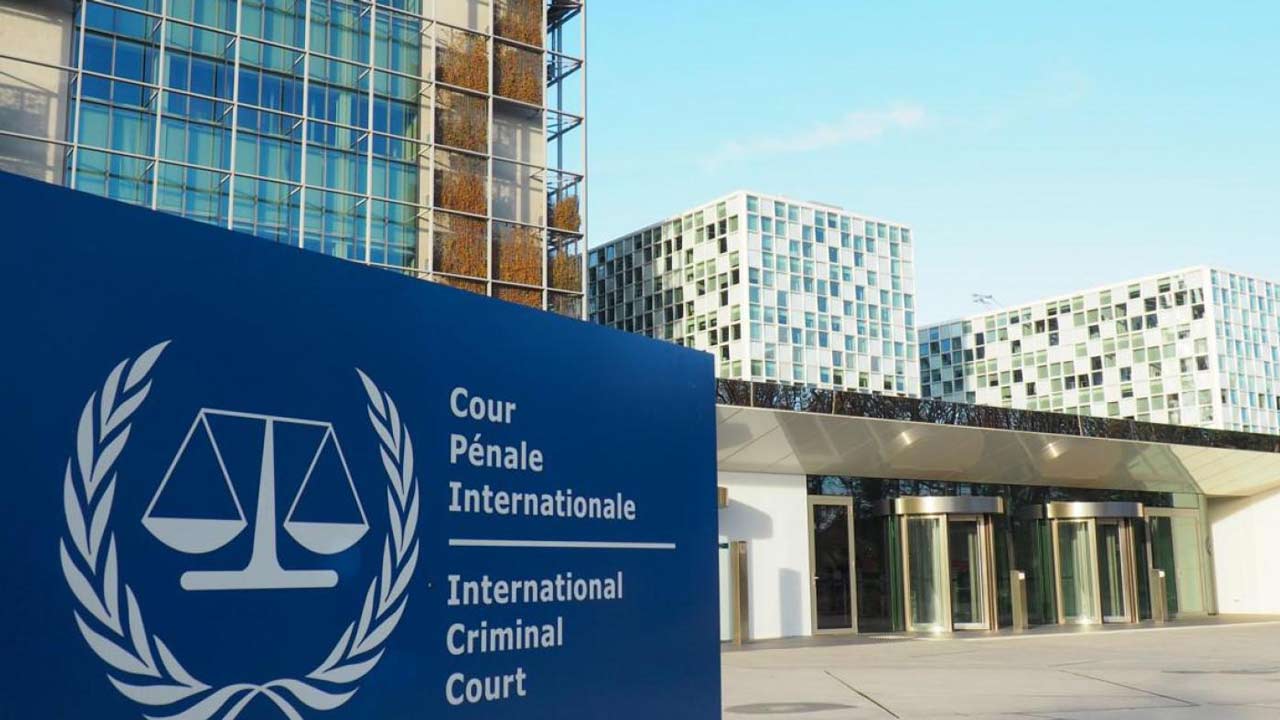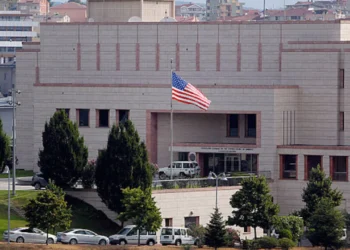The joint withdrawal of Mali, Burkina Faso, and Niger from the International Criminal Court (ICC) is a cynical and transparent maneuver. Despite their self-serving rhetoric of rejecting “neocolonial repression,” this move is not a principled stand for sovereignty, but a desperate and cowardly attempt by military juntas to evade accountability.
Since their respective coups, these regimes have not only splintered from the West African bloc ECOWAS and forged the Alliance of Sahel States, they have also presided over a dramatic escalation of violence. When human rights groups and the UN accuse their forces of potential war crimes (including the summary execution of dozens of civilians by Malian forces) the last thing these leaders want is an independent, international court watching them. Their withdrawal from the ICC, a court they willingly joined over two decades ago, is a stark admission of guilt and a clear signal that they prioritize impunity over justice.

The Hypocrisy of Sovereignty and Security
The claim that the ICC is “incapable” of prosecuting war crimes is a flimsy excuse, especially given the ongoing ICC investigation in Mali since 2013, which was initially invited by the country’s own government. The truth is that while battling Islamist militant groups, the very armies of the Alliance of Sahel States have been credibly accused of grave human rights violations. According to the Global Terrorism Index from March 2025, deaths from jihadist violence in Niger surged by 94% in 2024, a clear indication that their so-called “sovereign” and “indigenous” security policies have been a catastrophic failure.
In reality, this coordinated withdrawal is part of a broader, autocratic movement away from Western partners and towards closer ties with Russia, a country whose own president, Vladimir Putin, is wanted by the ICC for war crimes. The juntas’ rhetoric of fighting Western imperialism is merely a convenient cover for their consolidation of power and their refusal to submit to international norms. Their plan to create “indigenous mechanisms” for justice is a vague promise that, in practice, will almost certainly serve as a mechanism for silencing dissent and protecting military officers from any real scrutiny.
The Path to Real Accountability
The international community must not be fooled by this thinly veiled political theater. Instead of accepting the juntas’ justifications, a new, more effective strategy is needed.
First, regional partners must not disengage. Countries like Nigeria, which has maintained military ties with the Alliance of Sahel States despite the political tensions, must use their influence to demand transparency and human rights protections.
In addition, international bodies like the UN must redouble their monitoring and reporting efforts, publicly documenting every alleged atrocity committed by all parties in the conflict. Finally, the focus on international prosecution should be complemented by efforts to strengthen and empower local civil society organizations and legal bodies within the Sahel.
This involves providing resources and training to support domestic judicial systems that are less susceptible to the political whims of the current regimes. The goal is to build a foundation for justice that will outlast any temporary, autocratic government.
















